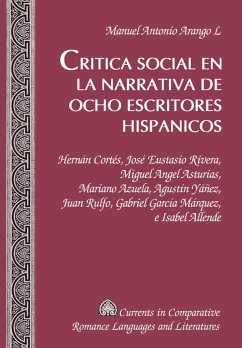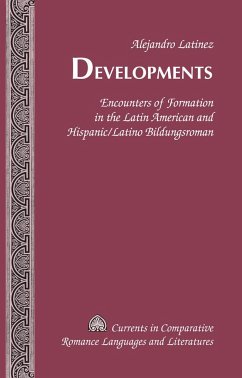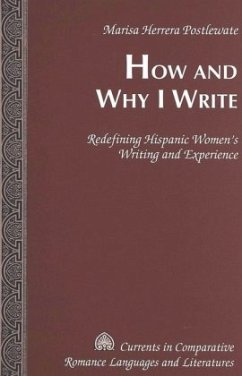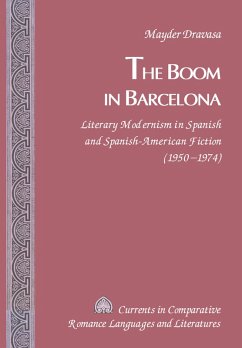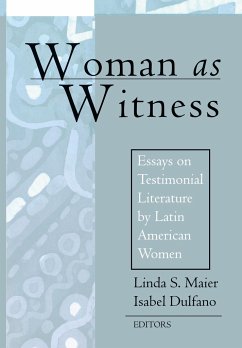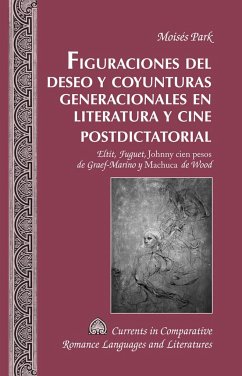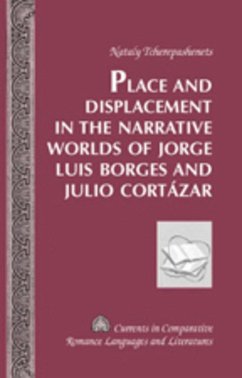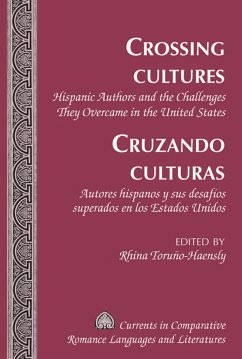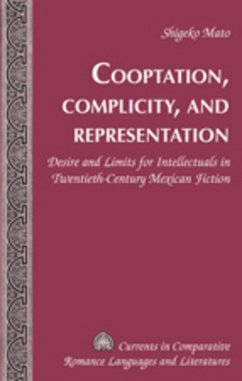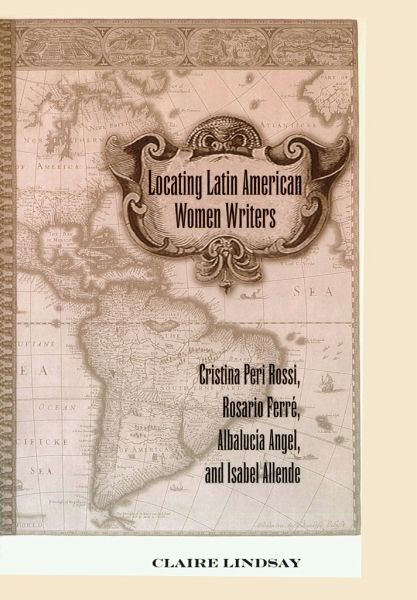
Locating Latin American Women Writers
Cristina Peri Rossi, Rosario Ferré, Albalucía Angel, and Isabel Allende
Versandkostenfrei!
Versandfertig in 6-10 Tagen
36,55 €
inkl. MwSt.

PAYBACK Punkte
0 °P sammeln!
The end of the twentieth century witnessed a "boom" in the production, publication, readership, and scholarship of women's writing from Latin America. In fact, the emergence of women writers is perhaps the most significant phenomenon of the "post-boom" period of Latin American literary history, a phenomenon that has been influenced in turn by the burgeoning development of a number of women's movements on the continent. Within this "boom", the short story has become an increasingly popular genre amongst women writers. This book considers the location(s) of four major women writers - Cristina Pe...
The end of the twentieth century witnessed a "boom" in the production, publication, readership, and scholarship of women's writing from Latin America. In fact, the emergence of women writers is perhaps the most significant phenomenon of the "post-boom" period of Latin American literary history, a phenomenon that has been influenced in turn by the burgeoning development of a number of women's movements on the continent. Within this "boom", the short story has become an increasingly popular genre amongst women writers. This book considers the location(s) of four major women writers - Cristina Peri Rossi, Rosario Ferré, Albalucía Angel, and Isabel Allende - and their short fiction within these changing literary and social contexts. Combining close textual analysis of their fiction with a consideration of the social, historical, and geographical contexts of literary production, this book is essential reading for students and scholars in Latin American studies, women's studies, and comparative literature.





